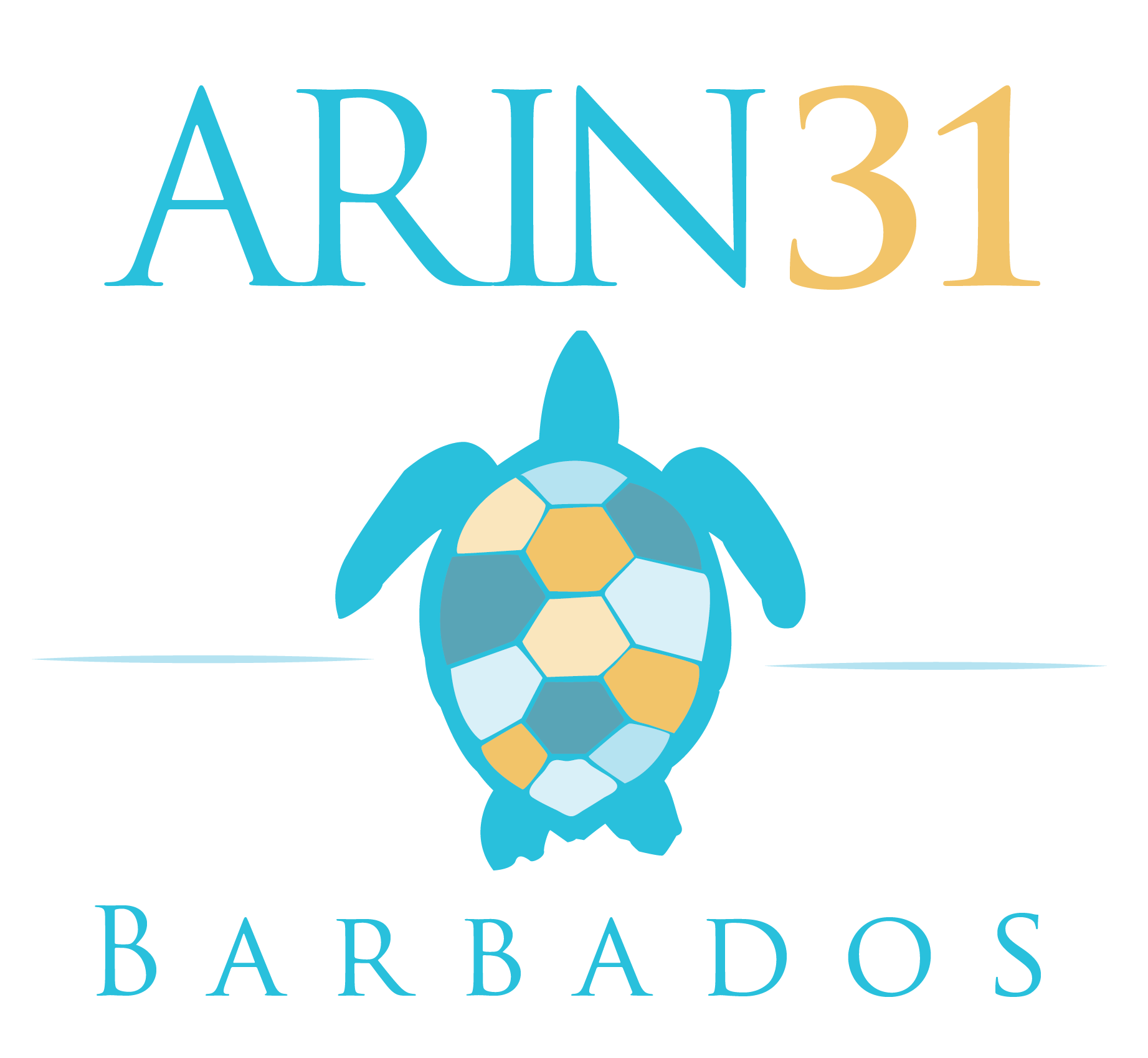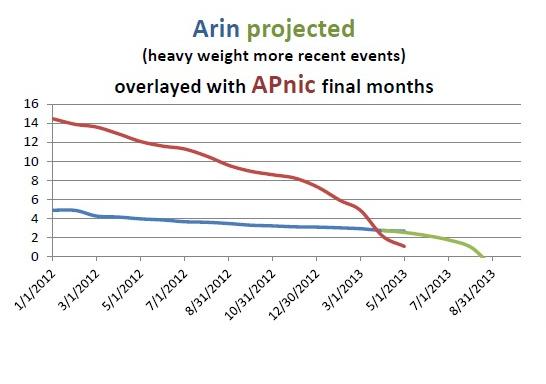 The spring ARIN 31 meeting is fast approaching. The final meeting agenda has recently been published. There are also opportunities to participate remotely for those who are unable to make the meeting in person.
The spring ARIN 31 meeting is fast approaching. The final meeting agenda has recently been published. There are also opportunities to participate remotely for those who are unable to make the meeting in person.
Here is my short commentary on the policy proposals being discussed at the meeting. In this blog entry, I’ve also attempted to make some predictions on the discussion and outcome…
2012-2 IPv6 subsequent allocations
Policy Summary: Changes the way utilization is determined for ISPs who return to ARIN for additional IPv6 allocations.
Issues: Since the initial IPv6 policy was implemented, it has been understood that the IPv6 policy would need to be modified as implementation experience was gained. Since the idea of hierarchy is important in IPv6 networks, this policy allows a network’s regions which grow at different speeds to retain the hierarchy structure and still allow fast growing regions to obtain the needed additional IPv6 address space. Since the draft policy’s introduction there was strong consensus that the existing policy needed to change, the challenge has always been the details of policy text.
Prediction: This policy will finally reach consensus at this meeting and will be sent to last-call for approval.
2013-1 Inter-RIR transfers of ASNs
Policy Summary: Allows organizations to request to transfer an autonomous system number (ASN) from one RIR to another.
Issues: ARIN recently adopted policies which both allow the directed transfer of IPv4 between regions and also allowed the directed transfer of ASNs within the ARIN region. This policy extends this trend to allow ASNs to transfer between RIRs. Some stakeholders in general disagree with the idea of allowing IP resources to trade and will likely oppose this policy. On the other side are those who will argue that this policy is a logical extension of the existing policy to allow resources to be transferred to where they are needed.
Prediction: This policy will have signification discussion about the need for the policy and the role of inter-RIR relationships, but I suspect the final consensus at the meeting will be to proceed with the implementation of this draft policy.
2013-2 3GPP IP Resource Policy
Policy Summary: Allows organizations to use a lower utilization requirement for provisioning their 3GPP networks when requesting additional IP addresses.
Issues: Wireless operators have been using space beyond RFC 1918 (such as 1.0.0.0/8) to solve their addressing needs and now that this is becoming part of the “Internet” they need to move off of that space. With ARIN’s /8 inventory currently at approximately 2.5, I’m skeptical that any policy using global IPv4 unicast space can actually solve this problem. The policy text of this draft policy is also not complete at this time and if consensus is achieved on the concepts of the policy change this draft policy would have to return for discussion at another ARIN meeting.
Prediction: This policy will be abandoned by the AC following the meeting.
2013-3 Tiny IPv6 Allocations for ISPs
Policy Summary: Allows ISPs to request smaller than normal IPv6 address blocks or return larger IPv6 blocks to reduce their IPv6 holdings.
Issues: This draft policy addresses an issue where ISPs are being moved into a larger ARIN fee category under the new fee schedule and allows them to return address space to move to a smaller IPv6 fee category. There has been significant discussion on the PPML mailing list about this issue and at this point it seems unclear if this proposal will achieve consensus at the meeting. The primary argument against this policy is that this policy undermines the best current practices for IPv6 subnetting, the intended hierarchical addressing structure defined by the IETF in the IPv6 RFCs, and generous nature of intended IPv6 assignments to end-users. Some stakeholders will argue that ARIN’s fees shouldn’t be used as a force to dictate a network’s IPv6 architecture. Arguments for the policy are that some small ISPs don’t need and never will use the current minimum block size of a /32 or /36 and should be able to get a /48 which meets their network needs.
Prediction: This policy will be sent to last call by the AC following the meeting. (I suspect it is possible that the /48 option will be removed from the draft policy as part of the discussion)


 The spring
The spring